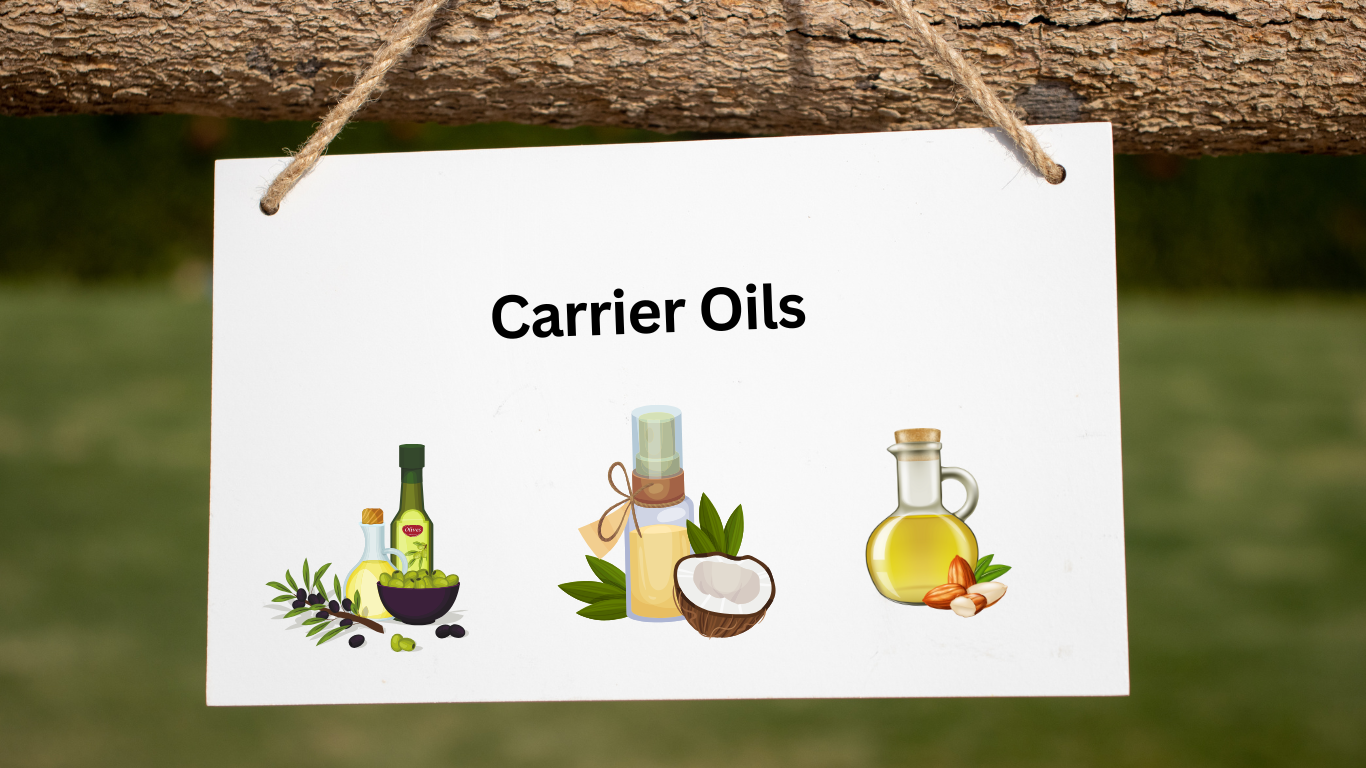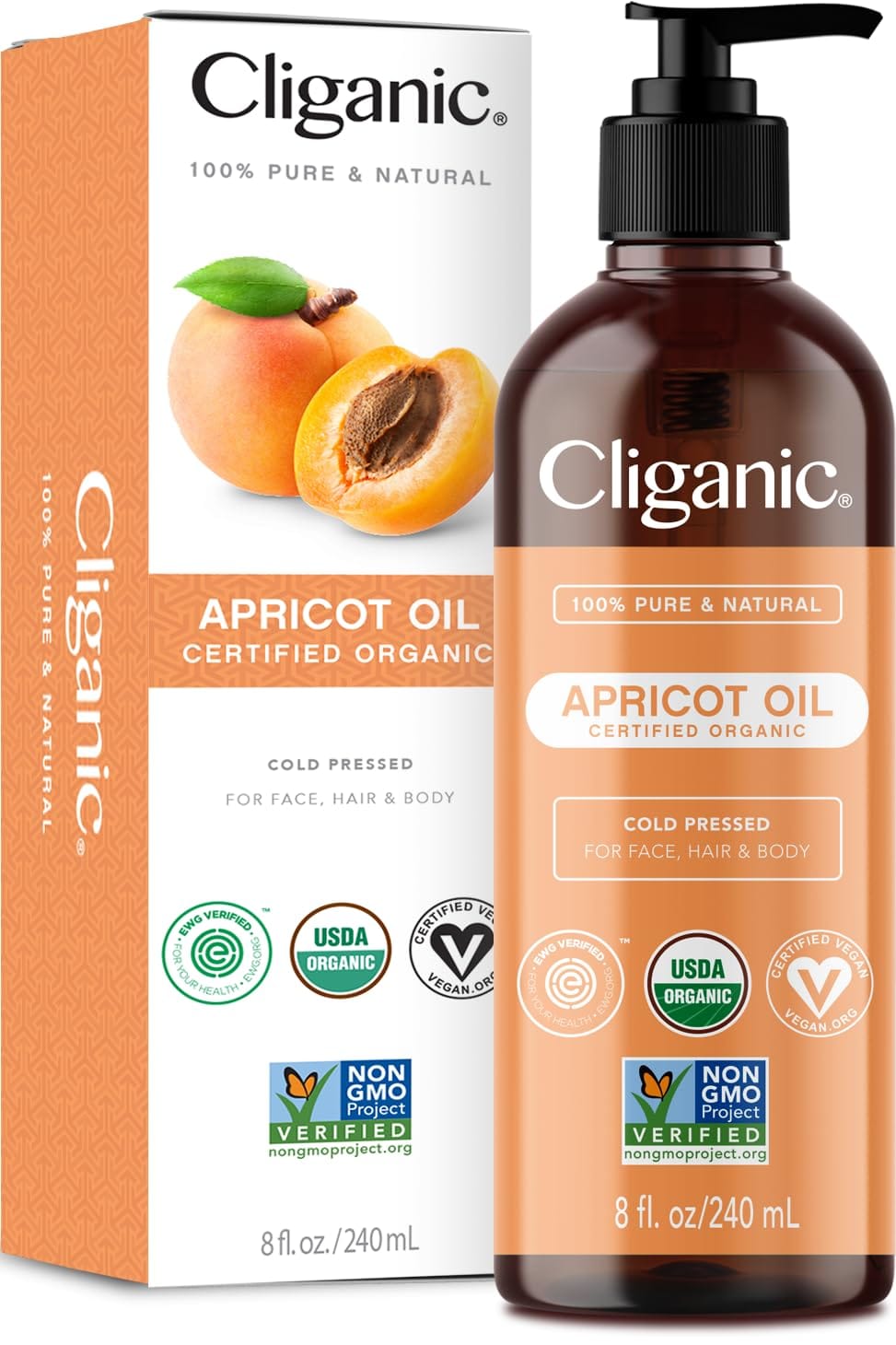Disclaimer, Privacy Policy, Terms of Service
Essential oils are potent, concentrated plant extracts that offer a wealth of therapeutic benefits. However, due to their potency, they should almost always be diluted before being applied to the skin. This is where carrier oils come in. Think of carrier oils as the gentle delivery system for your powerful essential oils. They dilute the essential oil, making it safe for topical use, and also help it absorb into the skin more effectively. This guide will cover everything a beginner needs to know about carrier oils.
What are Carrier Oils?
Carrier oils are vegetable oils, nut oils, or other plant-based oils that are used to dilute essential oils. They "carry" the essential oil to the skin, hence the name. They are typically unscented or have a very mild aroma, so they won't interfere with the therapeutic properties or fragrance of the essential oil.
Why Use Carrier Oils?
- Safety: Essential oils are highly concentrated and can cause skin irritation, sensitization, or allergic reactions if applied undiluted. Carrier oils dilute the essential oil, reducing the risk of adverse reactions.
- Absorption: Carrier oils help essential oils penetrate the skin more effectively. They act as a vehicle, allowing the essential oil to be absorbed into the deeper layers of the skin and reach the bloodstream.
- Reduced Volatility: Some essential oils evaporate quickly. Carrier oils slow down this evaporation, allowing the essential oil to remain on the skin longer and provide its therapeutic benefits.
Choosing the Right Carrier Oil:
There's no single "best" carrier oil. The right one for you depends on your skin type, the essential oil you're using, and your personal preferences. Here's a breakdown of some popular options:
Olive Oil: A Time-Tested Classic
A readily available oil known for its moisturizing and antioxidant properties. It can have a slightly stronger aroma than other carrier oils. Look for extra virgin olive oil, which is cold-pressed and minimally processed. This nutrient-rich oil is ideal for:
- Homemade salves and creams
- Soothing dry skin
Be mindful of sourcing, as adulteration is common. Choose reputable suppliers to ensure purity.
Fractionated Coconut Oil (FCO): The Multi-Tasking Marvel
Lightweight, odorless, and perfect for sensitive skin. It's a good choice for massage and skincare, but can be comedogenic for some. It stays liquid, making it great for quick dilutions and extending the shelf life of other oils.
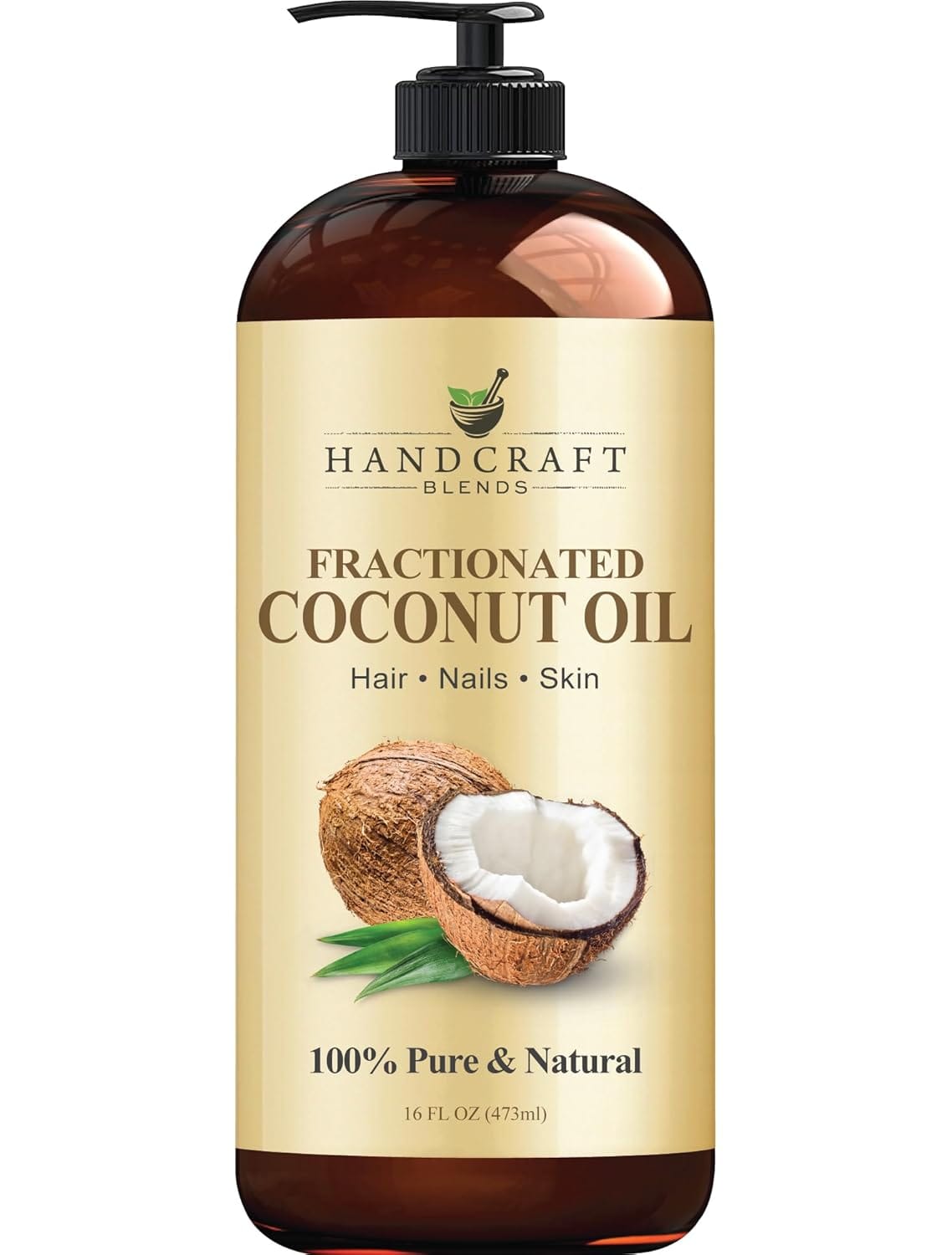
Handcraft Blends Fractionated Coconut Oil
Premium Grade Oil for Skin and Hair - Carrier Oil - Hair and Body Oil
Almond Oil: A Nutrient-Dense Soother
Rich in vitamins A and E, almond oil is gentle and nourishing for most skin types, but those with nut allergies should avoid it. Almond oil is perfect for:
- Dry or inflamed skin
- Psoriasis and eczema relief
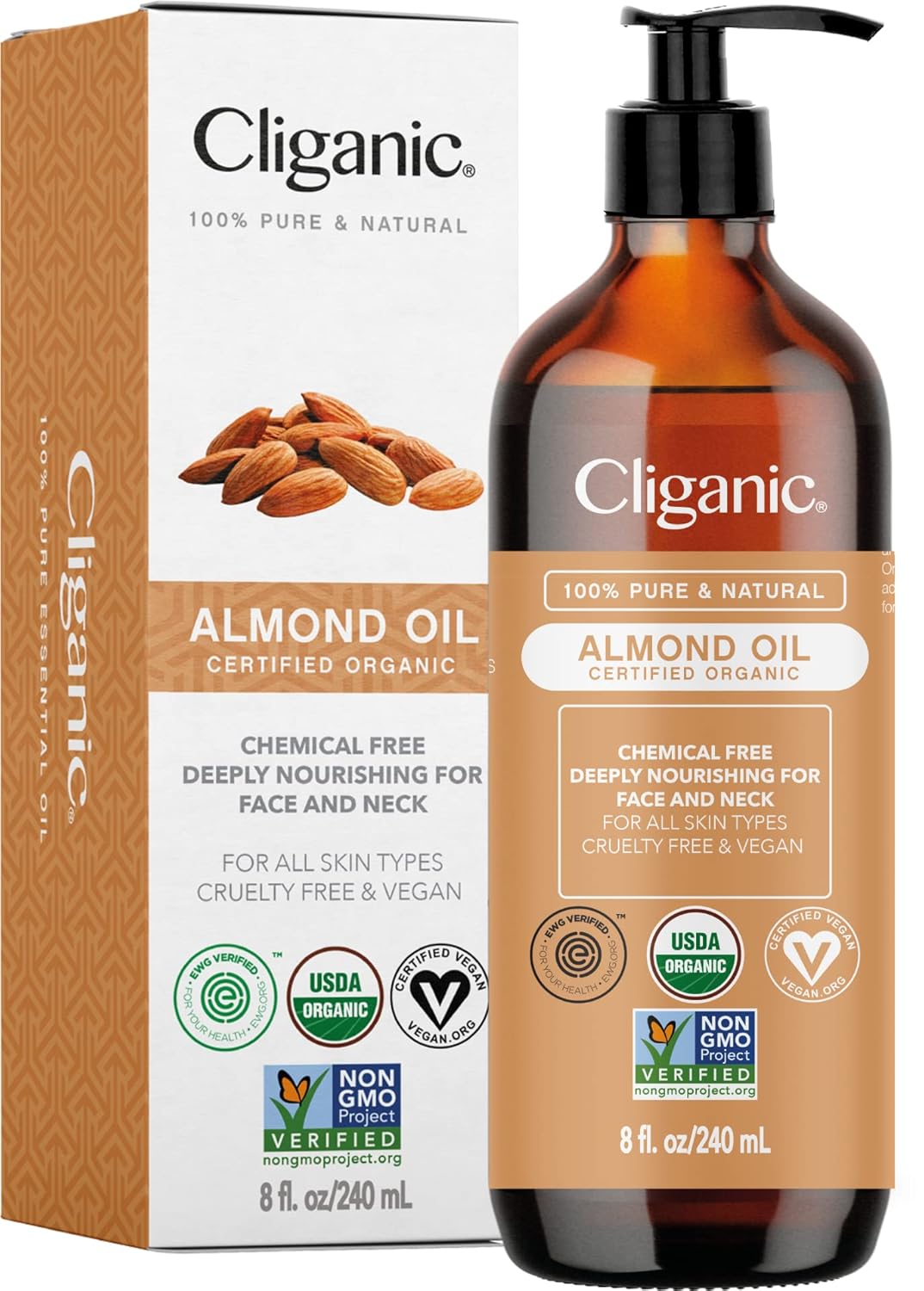
Cliganic Organic Sweet Almond Oil, 100% Pure (8oz)
for Skin & Hair, Nourishing Carrier Oil for Face & Body
Jojoba Oil: A Liquid Wax Wonder
Known for its long shelf life and deep moisturizing properties, jojoba oil is ideal for acne-prone or sensitive skin. It penetrates deeply without clogging pores.
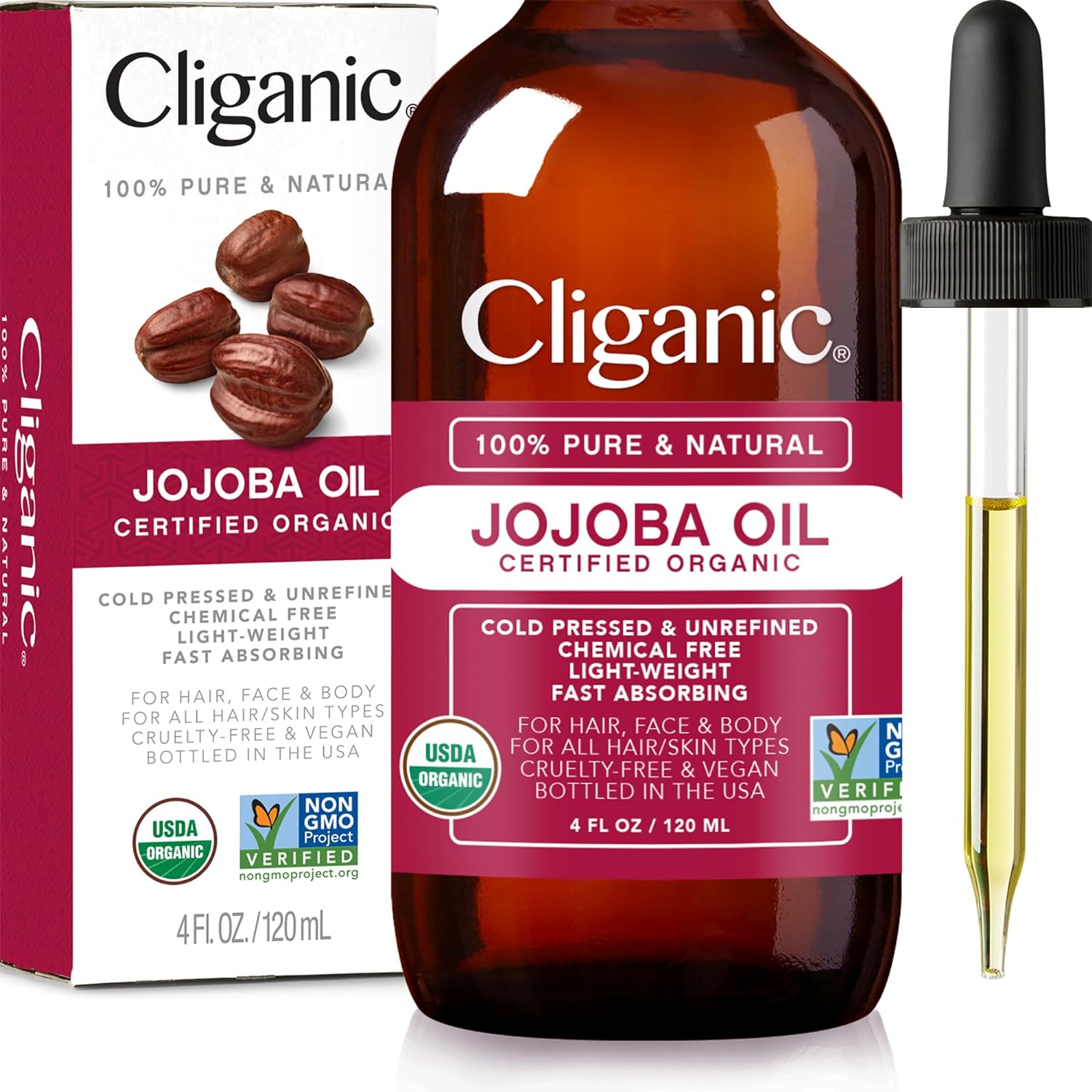
Cliganic Organic Jojoba Oil, 100% Pure (4oz)
Moisturizing Oil for Face, Hair, Skin & Nails | Natural Cold Pressed Hexane Free | Base Carrier Oil
Fruity Finds: Apricot, Avocado, and Grapeseed Oils
These oils offer rich hydration and skin-nourishing benefits:
- Apricot oil: Gentle and safe for children, with vitamins A and E.
- Avocado oil: Packed with nutrients, rich in fatty acids and vitamins, avocado oil is deeply moisturizing and beneficial for dry, mature, or damaged skin. It can be a bit heavier than other oils.
- Grapeseed oil: A light, easily absorbed oil with antioxidant properties. It's a good choice for oily or sensitive skin.
Evening Primrose Oils - Hormone-balancing
- Evening primrose oil: It is a lightweight carrier oil rich in gamma-linolenic acid (GLA), an omega-6 fatty acid known for its soothing and skin-nourishing properties. It is ideal for hormone-balancing serums and sensitive or mature skin, helping to reduce dryness, irritation, and signs of aging.
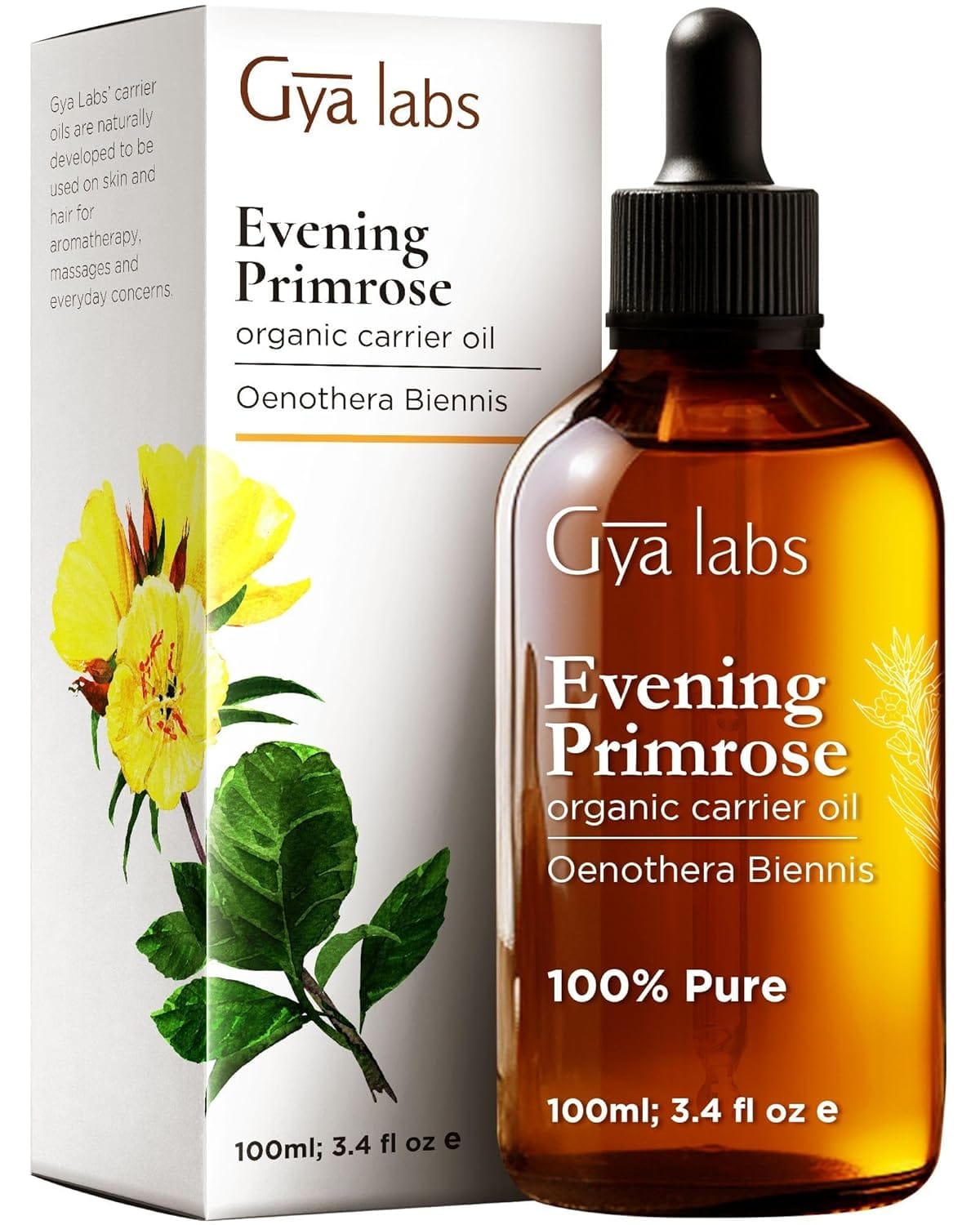
Gya Labs Organic Evening Primrose Oil for Skin
Cold Pressed Moisturizing Evening Primrose Oil
Argan Oil: The Moroccan Miracle
This golden oil is often called “liquid gold” due to its ability to deeply moisturize and restore skin health. Packed with vitamin E, essential fatty acids, and antioxidants, argan oil is perfect for:
• Hydrating dry or brittle hair
• Moisturizing skin and softening rough patches
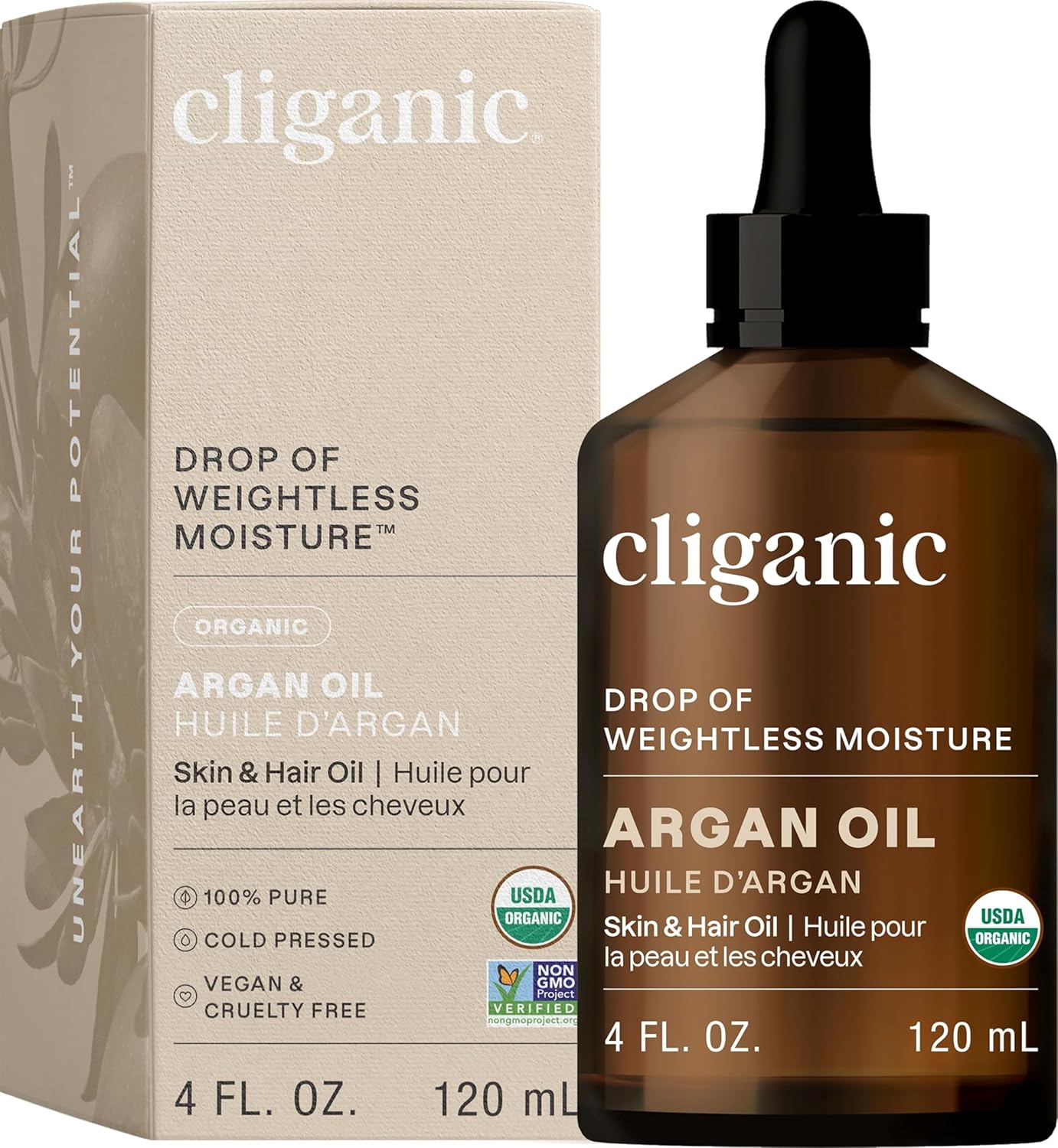
Cliganic USDA Organic Argan Oil
100% Pure | for Hair, Face & Skin | Natural Cold Pressed Carrier Oil
How to Dilute Essential Oils:
Dilution ratios are crucial for safe essential oil use. A general guideline for adults is a 1-3% dilution, which means:
- 1% dilution: 6 drops of essential oil per ounce (30ml) of carrier oil. This is a good starting point for sensitive skin or when using new essential oils.
- 2% dilution: 12 drops of essential oil per ounce (30ml) of carrier oil. This is a common dilution for general topical use.
- 3% dilution: 18 drops of essential oil per ounce (30ml) of carrier oil. This higher dilution is sometimes used for specific conditions, but it's best to consult with a qualified aromatherapist before using this level.
Tips for Using Carrier Oils:
- Patch Test: Before using any new essential oil or carrier oil blend, perform a patch test on a small area of skin to check for any allergic reactions.
- Quality Matters: Choose high-quality, cold-pressed, and unrefined carrier oils whenever possible.
- Storage: Store carrier oils in a cool, dark place to prevent them from going rancid.
- Experiment: Don't be afraid to experiment with different carrier oils to find what works best for you.
In Conclusion:
Carrier oils are an essential part of using essential oils safely and effectively. By understanding the different types of carrier oils and how to dilute essential oils properly, you can unlock the therapeutic benefits of aromatherapy while minimizing the risk of adverse reactions. Always consult with a qualified aromatherapist or healthcare professional if you have any questions or concerns.
